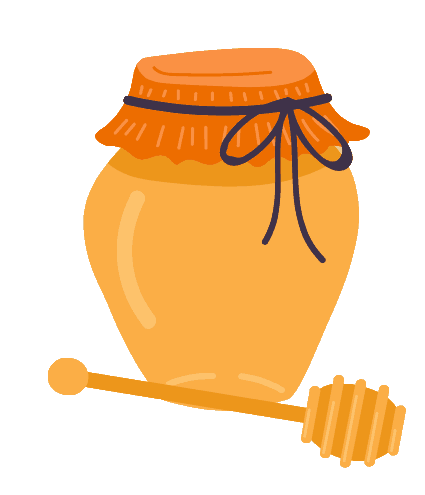
At this time of the year, we can often feel depleted. Not only have most of us overindulged, but we’re often exhausted from hosting company and attending the many events which take place in December. When the New Year rolls around, we’re unfortunately surrounded by sick co-workers, kids with the sniffles, and experience our own immune systems feeling run-down.
During these busy times, you have options to strengthen your immune system by choosing supportive herbs, supplements, and nutritional support.
Here’s how to boost your immune system to beat the cold and flu season:

1. Eat lots of fruits and veggies
Choose whole foods in a multitude of colors ensuring a balance of vitamins and minerals. Try to aim for 5–8 servings daily.

2. Choose supportive herbs and spices
Cook with ginger, thyme, oregano, and garlic to boost your immune system and fight “bad bugs.” At the first signs of a cold or flu, I increase my intake of garlic, gargle with salt, and drink plenty of herbal tea with fresh lemon, organic honey, and ginger.

3. Up your vitamin intake
I recommend vitamin C and vitamin D to help strengthen your immune system. Vitamin C is a powerful antioxidant that protects against infection and enhances immunity. It works by increasing the production of white blood cells and antibodies, which both help fight off infection. Typical dosages start at 1,000 mg daily, but can be increased depending on bowel tolerance. Some vitamin C sources include citrus fruit, strawberries, papaya, kiwi, broccoli, red pepper, and Brussels sprouts. Vitamin D also has powerful immune-boosting, anti-inflammatory, and bone-supportive properties. Typical dosages start at 25 mcg (1,000 IU)/ daily and can be increased depending on the condition being treated or how vulnerable the immune system is.

4. Ensure you’re getting enough Omega-3 fatty acids
These are essential immune boosters, as they work by increasing the activity of phagocytes, the white blood cells that eat up bacteria. These fats also help strengthen cell membranes, thereby speeding up healing and strengthening resistance to infection in the body.

5. Up your intake of supportive herbs
Take echinacea and astragalus to support and strengthen your immune system. Echinacea has been used for centuries by European healers and Native Americans and is frequently combined with other immune-boosting plants. Ongoing research shows that echinacea’s active constituents stimulate the immune system to fight viral infections. It is also recommended in cases of laryngitis, cold sores, tonsillitis, and sinusitis. Astragalus is becoming as popular as echinacea for combatting the flu and supporting the immune system. It is beneficial whenever immune resistance is low, in cases of all infections, particularly respiratory infections, colds and flu, and stress-related immune dysfunction. Oil of oregano is also a favorite – taken especially at the onset of cold or flu symptoms for its highly potent antimicrobial properties.

6. Take time to rest
This time of the year can feel overwhelmingly busy. When we’re stressed, our immune systems can’t function optimally. It’s important to carve out time to rest and recalibrate so that our nervous systems can come back into balance. Get lots of sleep and amp up your self-care.

7. Exercise daily
Sweating helps flush out toxins, causes changes to antibodies, releases endorphins, and slows the release of stress hormones. Make sure you get daily movement or use an infrared sauna to get the benefits of sweating.

8. Take probiotics
Probiotics are the “good” bacteria that work in the intestinal tract. They fight pathogenic infections and promote recovery from infections by stimulating the production of antibodies.

9. Take zinc
This is the most important immune mineral as it helps prevent a weakened immune system. Studies have shown that a zinc deficiency can impair a number of white blood cells and platelets (blood cells involved in clotting), and can increase susceptibility to infection. Take either an oral zinc supplement or eat zinc-rich foods, such as nuts, seeds, legumes, eggs, and whole grains.

10. Wash your hands!
Yes, this may seem like a common-sense practice, but remembering to wash your hands routinely through cold and flu season helps prevent the spread of infection and keeps your immune system protected.












